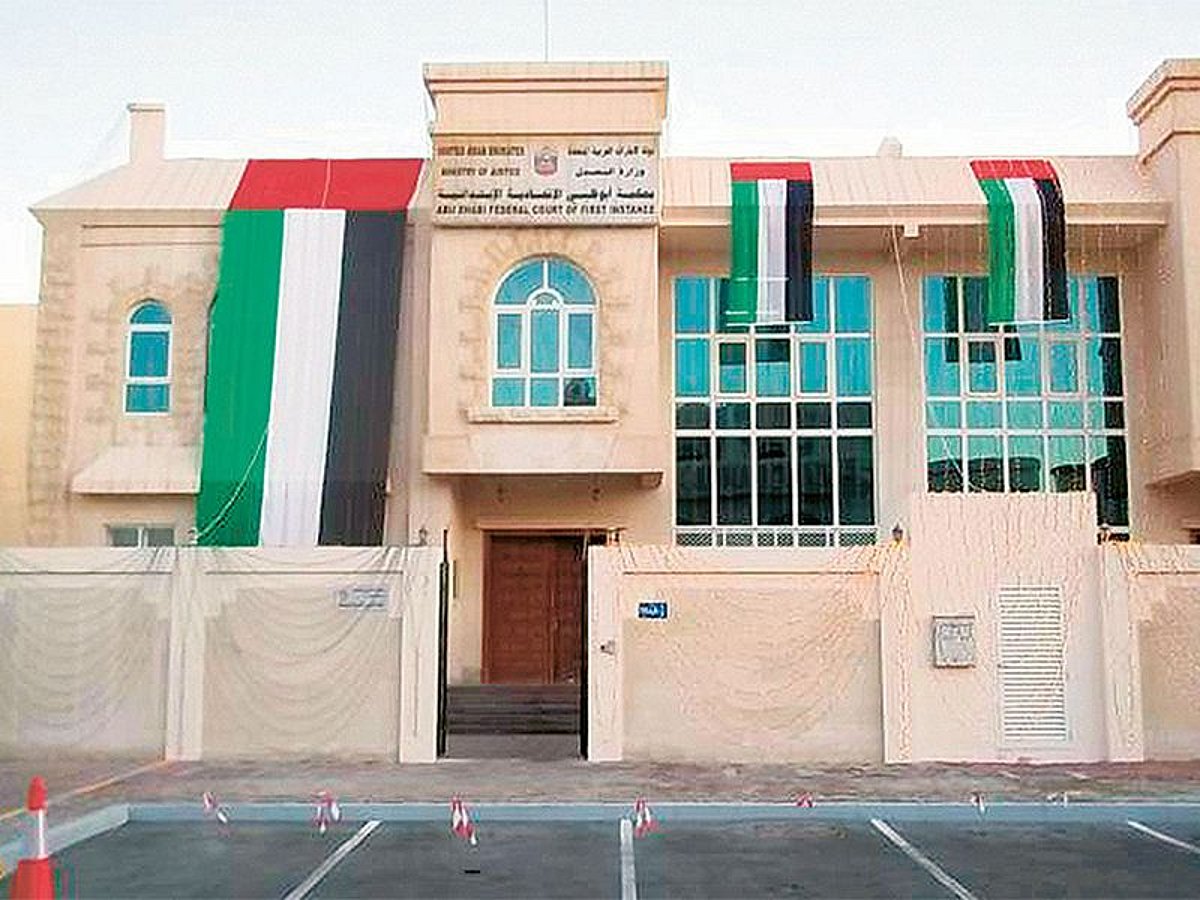Abu Dhabi Court Orders Bank to Refund Unjust Charges
In a significant ruling, the Abu Dhabi Commercial Court has ordered a local bank to refund a customer nearly Dh190,000 due to unjust credit card interest charges. The court’s decision highlights the importance of clear agreements between banks and their clients regarding interest rates and repayment terms.
Case Background
The plaintiff, who had been a customer of the bank since 2015, filed a lawsuit seeking the return of Dh189,873, which he claimed was wrongfully charged as interest over a ten-year period. He also sought Dh100,000 in damages for financial and moral distress, along with a request for the correction of his credit information, which included the removal of a negative credit classification. Additionally, he asked the bank to cover all legal costs associated with the case.
The plaintiff explained that despite making regular payments, he was surprised to find that the bank continued to demand payments that exceeded the original value of the credit card. He contended that the bank had charged excessive interest, which he deemed unjustified, especially since he had already repaid more than he had withdrawn.
Court Proceedings
The bank’s legal team responded by seeking to dismiss the case, arguing that there were procedural defects and questioning the plaintiff’s standing. They also requested that the plaintiff be responsible for their legal fees. However, the court appointed an expert to review the credit card account, examining transactions from December 2014 to July 2025.
The expert’s findings revealed that there was no written agreement or documented consent regarding the interest rate or terms of the credit facility between the bank and the customer. Using a simple interest rate of 9%, the expert recalculated the amounts involved, concluding that the customer had withdrawn a total of Dh1,064,879 and repaid Dh1,265,484, resulting in a net amount owed to him of Dh189,873.
Court’s Ruling
The court expressed satisfaction with the expert’s methodology and findings, emphasizing that the bank failed to provide valid documentation to refute the plaintiff’s claims. As a result, the court ruled in favor of the customer, ordering the bank to refund the Dh189,873, pay an additional Dh25,000 in damages, and cover all court fees and legal costs. The judgment also mandated the closure of the disputed credit card account, confirming that the customer was fully discharged from any outstanding debt.
In its decision, the court noted that the bank’s actions had caused harm to the customer by withholding funds that he was entitled to receive. The compensation was deemed necessary to restore financial balance between the parties involved.
FAQs
What was the basis for the court’s ruling?
The court ruled in favor of the plaintiff based on the absence of a written agreement regarding the interest rate and the excessive charges imposed by the bank, which were deemed unjustified.
How much was the customer awarded in total?
The customer was awarded a total of Dh214,873, which includes Dh189,873 in refunds for unjust charges and Dh25,000 in damages for financial and moral distress.
What happens next for the customer and the bank?
The bank is required to refund the customer and close the disputed credit card account. The ruling also emphasizes the need for banks to maintain clear agreements with their clients regarding interest rates and repayment terms.
Conclusion
The Abu Dhabi court’s ruling underscores the necessity for transparency and clear communication between banks and their customers regarding financial agreements. As the bank prepares to comply with the court’s decision, this case serves as a reminder for consumers to be vigilant about their financial dealings and for banks to uphold their responsibilities in managing customer accounts.
This ruling may have broader implications for the banking sector in the UAE, particularly concerning consumer rights and the enforcement of fair lending practices. It highlights the necessity for financial institutions to ensure that their policies and procedures are transparent and well-documented to avoid similar disputes in the future.
As financial literacy continues to grow among consumers, cases like this may encourage individuals to scrutinize their banking agreements more closely. The outcome could lead to increased awareness of rights related to credit and interest charges, prompting customers to seek legal recourse when they believe they have been treated unfairly.
Also Read:
VAT Inclusion in UAE Pricing: What Consumers Should Know







